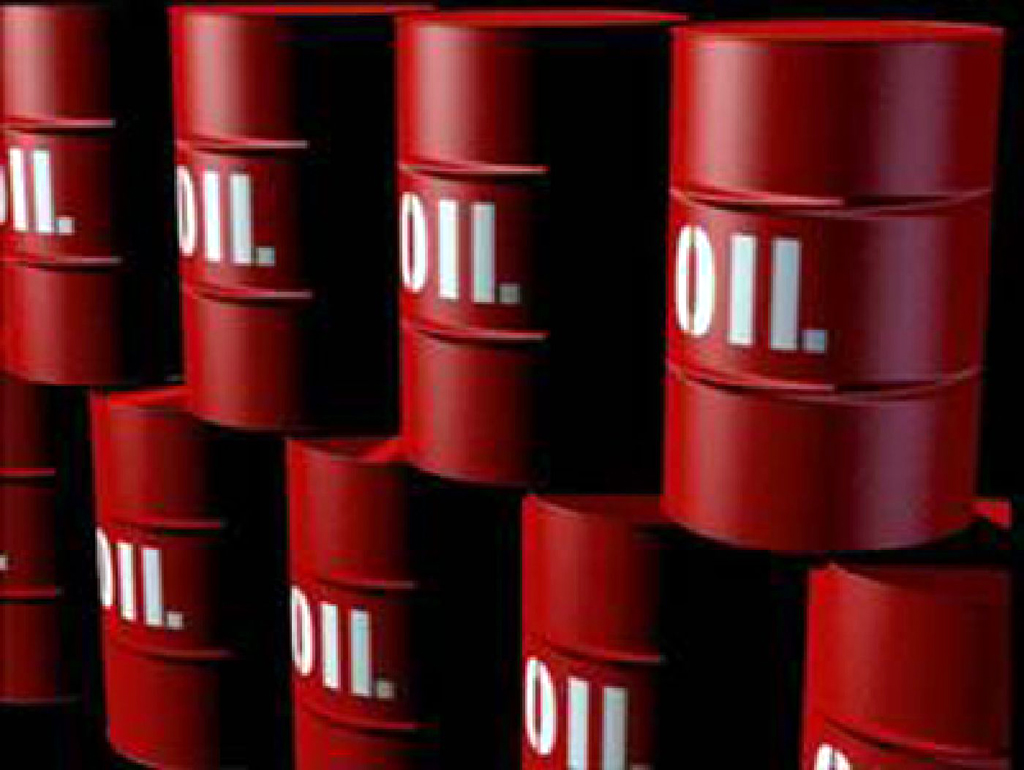 NEW YORK: Oil prices steadied on Monday as tensions over Iran's nuclear program countered concerns about whether slowing global economic growth would hit oil demand.
NEW YORK: Oil prices steadied on Monday as tensions over Iran's nuclear program countered concerns about whether slowing global economic growth would hit oil demand.
Brent crude futures fell 12 cents to settle at $64.11 a barrel. US West Texas Intermediate (WTI) crude futures rose 15 cents to settle at $57.66 a barrel.
Oil prices edged higher for much of the session, then eased ahead of settlement.
"Worries about what is going on in the Persian Gulf continue to put a bit of a bid into the market, but without any new significant developments the market dropped back toward unchanged," Gene McGillian, vice president of market research at Tradition Energy in Stamford, Connecticut. "Worries about demand growth are holding the market back."
Iran on Monday threatened to restart deactivated centrifuges and step up its enrichment of uranium to 20pc in a move that further threatens the 2015 nuclear agreement that Washington abandoned last year.
Washington has imposed sanctions that eliminate benefits Iran was meant to receive in return for agreeing to curbs on its nuclear program under the 2015 deal with world powers. The confrontation has brought the United States and Iran close to conflict.
On Sunday, Trump issued another warning over Iran's nuclear activities. "They'd better be careful," he said.
Iran's Oil Minister Bijan Zanganeh said on Sunday that he was very hopeful of an improvement in the country's crude exports, state TV reported.
"We see enough possibility of military conflict to cushion renewed price declines that might be driven by mounting expectations for a major slowing in the global economic growth path," Jim Ritterbusch of Ritterbusch and Associates said in a note.
Oil prices remain under pressure from lingering worries about demand as the US-China trade war has dampened prospects for global economic growth.
Japan's core machinery orders fell for the first time in four months in May, the biggest monthly drop in eight months in a worrying sign that global trade tensions are taking a toll on corporate investment.
Goldman Sachs said growth in US shale production is likely to outpace that of global demand at least through 2020 and limit gains in oil prices despite output curbs led by the Organization of the Petroleum Exporting Countries.



























Comments
Comments are closed.